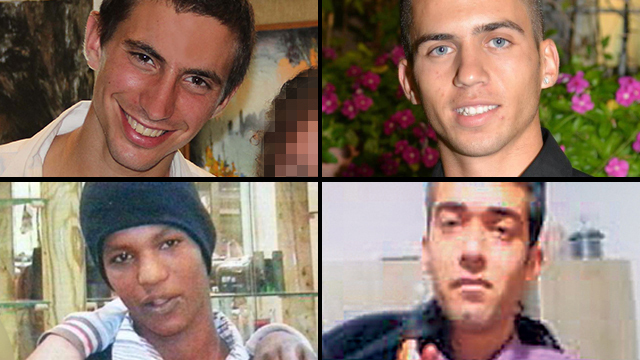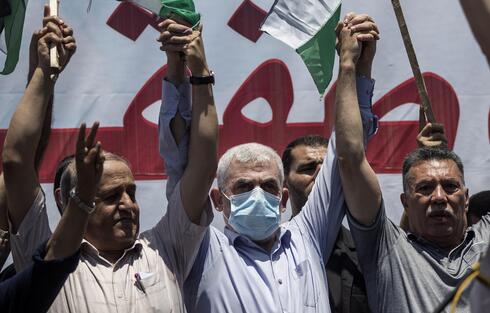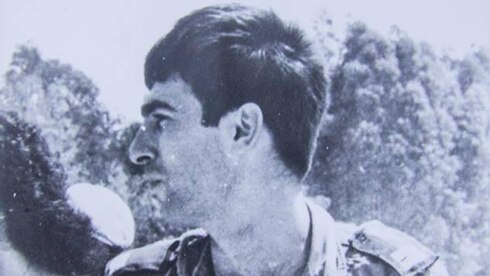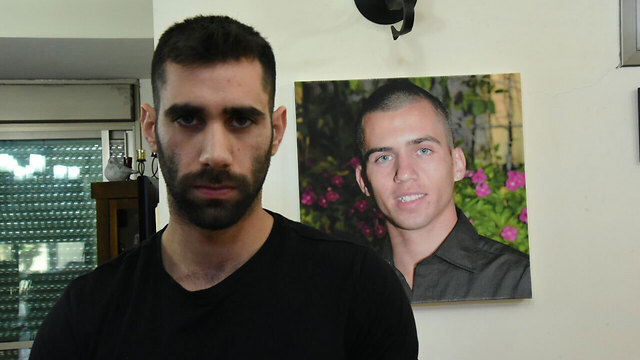Opinion: Coronavirus pandemic has opened a genuine window of opportunity to secure the return of the Israeli hostages; Hamas has signaled a willingness to compromise and Israel must seize the moment that we may never see again
Recent remarkable reports point to renewed contacts between Israel and Hamas regarding the return of two Israeli hostages and two MIA soldiers held in the Gaza Strip.
At the center of these reports is possible pragmatism on the part of the Islamist movement’s leadership, which is trying to fend off the coronavirus pandemic ravaging the Palestinian enclave, and Israel’s willingness to release prisoners who did not pose a security threat.

Part of this pragmatism has been hinted at by Hamas, which has reportedly said it is willing to drop its precondition for prisoners to be released by Israel before talks begin, and is also willing to negotiate the number of prisoners that go free in return for the four Israelis held in Gaza.
The coronavirus pandemic has created a window of opportunity for a deal to return the IDF soldiers and Israeli citizens in Gaza.
Israel’s government should be commended for its efforts to reach such an agreement, but the six and a half years of humanitarian and civil pressure to bring the Israelis back have proven to be a resounding failure.

Our boys can not return home without a release of Palestinian prisoners, which is at the heart of Hamas’ narrative not only for the Gazan public, but also for the West Bank Palestinians as well.
We do not think there we can wave a magic wand and resolve this issue.
An agreement for the return of the Israeli captives must include humanitarian aid – including help to fight the pandemic and meet the immediate needs of the people of Gaza – in line with Israel’s interests in keeping the Strip healthy and functioning.
The deal must also include release of prisoners with no security background, prisoners freed as part of the 2011 Shalit deal who have since been rearrested and other prisoners whose behavior Israel can monitor to ensure no future dangerous activity.
However, MK Zvi Hauser, the departing chairman of the Knesset Foreign Affairs and Defense Committee, wants to prevent the release of security prisoners on the grounds that they would return to terrorism – as happened with some of the prisoners released in the Shalit deal.
Hauser’s sweeping and erroneous approach repeats the grave mistakes that led to the loss of captive IAF navigator Ron Arad, for whom Israel refused to release security prisoners due to the trauma of a prior exchange for three soldiers captured in the First Lebanon War.

The tragic price of Israel’s refusal of a “reasonable” deal for Arad with the Lebanese Amal organization is something we all mourn to this day.
As such, we should expect elected officials – and certainly those involved in security issues – to demonstrate leadership, avoid wrongful statements and not create public panic while making necessary policy decisions regarding missing IDF soldiers who were sent to war for us.
Furthermore, closed-door discussions by the Foreign Affairs and Defense Committee should not be publicly aired in any event – and certainly not when it comes to statements that do not further the debate on the issue and consign Israelis to captivity in Gaza for many years to come.

Next summer we will mark the seven-year anniversary of Operation Protective Edge and next week will be Oron’s 27th birthday.
Our families know no respite from the torment. My father Herzl died of a broken heart two years after the 2014 Gaza war and my mother Zehava is not getting any younger.
Israel’s government must not miss this real opportunity to bring back Oron and the others. This might be the last real opportunity we will have for the foreseeable future.
As reported by Ynetnews
